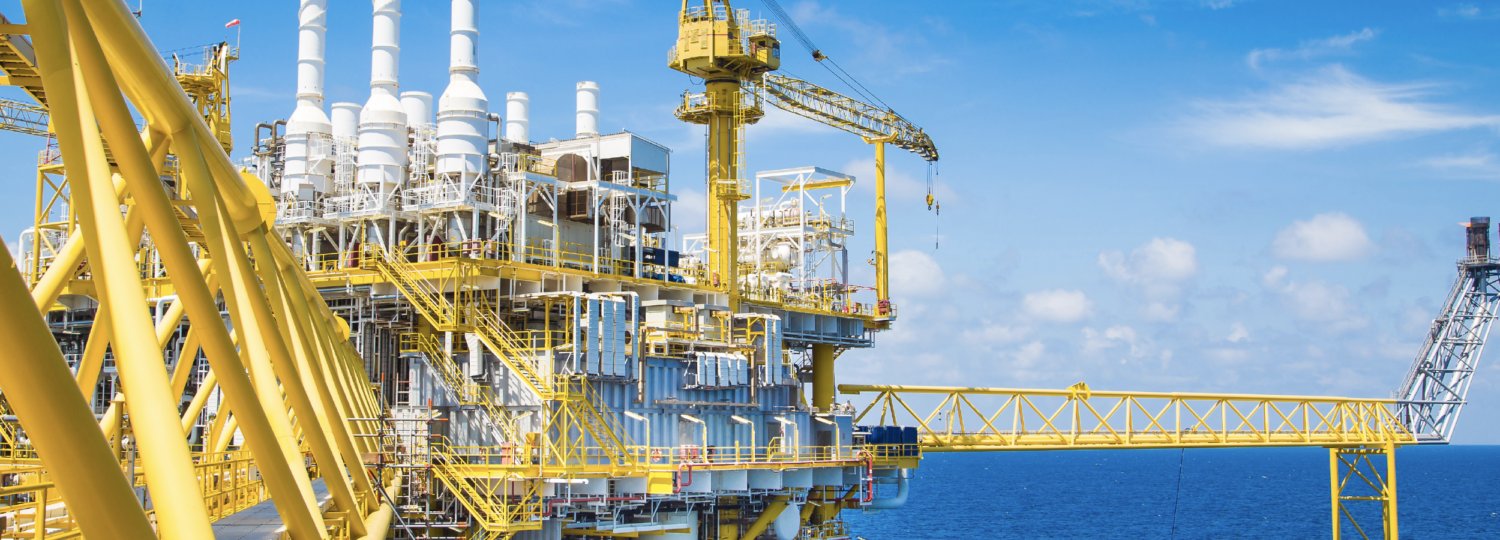 Upstream oil and gas companies rely on highly connected data and control systems to facilitate exploration, drilling, system monitoring and to optimize production from onshore and offshore resources. As their dependence on IT technology has grown, so too has their vulnerability to cyberattack. The implementation of IT technologies that enables increased operational efficiencies also creates channels by which hackers can penetrate control networks and disrupt operations, steal data or attempt to cause physical damage to plant infrastructure and the surrounding environment.
Upstream oil and gas companies rely on highly connected data and control systems to facilitate exploration, drilling, system monitoring and to optimize production from onshore and offshore resources. As their dependence on IT technology has grown, so too has their vulnerability to cyberattack. The implementation of IT technologies that enables increased operational efficiencies also creates channels by which hackers can penetrate control networks and disrupt operations, steal data or attempt to cause physical damage to plant infrastructure and the surrounding environment.
Oil and gas production is a vital component of the world’s economy and is increasingly becoming a prized target of cyber-attack. The often cited Stuxnet virus was the first of a new class of attacking viruses designed to take over control systems, cause significant disruption to operations and cause physical damage. Critical infrastructure operators are currently faced with the dilemma of either isolating their control systems and losing access to vital operational data or remaining connected and risking cyber-attack. A third option, long used by the U.S. intelligence community, Department of Defense and nuclear power plants as an integral part of their defense in depth strategy, is deploying data diode technology.
